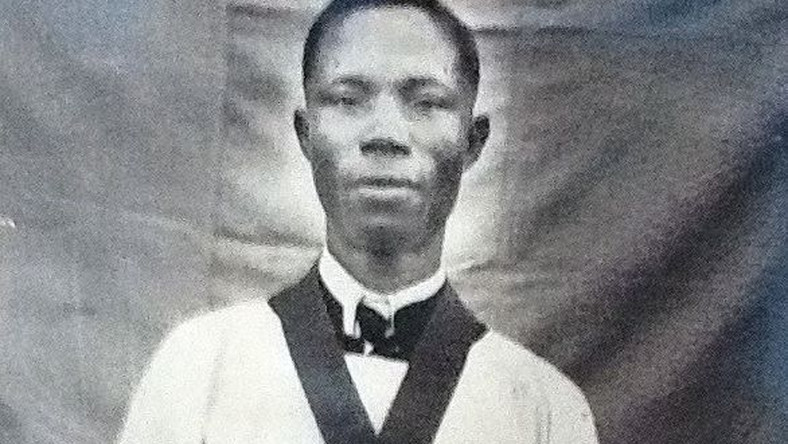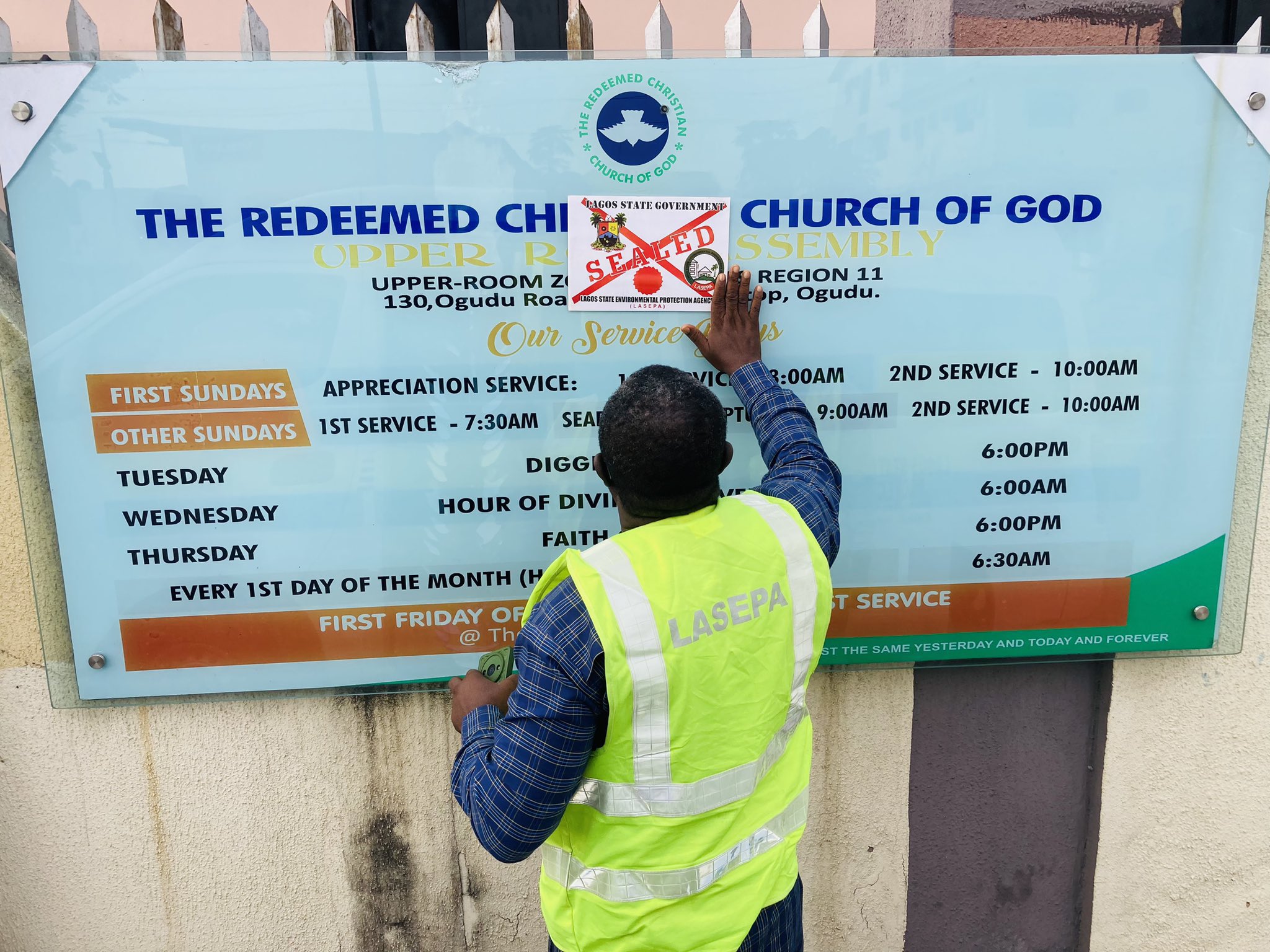Achiever's Profile
Meet Taiwo Olunaike, the popular Alajo Somolu

Alphaeus Taiwo Olunaike is not a name that many Nigerians are familiar with. But once you mention Baba Alajo Somolu, the eyes of millions of Nigerians will light up. Yes, they are more familiar with this nomenclature.
He was born at a very dangerous time. A perilous period in history. It was on the 16th of September 1915 in the tiny city of Isan-Oyin (now called Isonyin), close to Ijebu-Musin and Ijebu-Ode in Ogun State, southwestern Nigeria.
Within the thick groves of thick forests and the brilliant foliage of green tropical plants, the cries of newly-born babies pierced the calm and peace of the forest.
A woman named Grace Okuromiko Olunaike had given birth to triplets. Three at once!Immediately she was told that she just gave birth to three babies, her face went sullen. She could not hide the sadness.
Her heartbeat increased as tears streamed down herwarm face. She was visibly confused. It was an abomination for a woman to give birth to triplets at that time in Yorubaland. One child must be sacrificed to the gods.
One of the babies was eventually sacrificed to the gods. The other two were spared. One of them is Alajo Somolu.
Baba Alajo Somolu was just three years of age when he lost his father. However, he was able to proceed with his education. He started his primary education at the Emmanuel Primary School, Ijebu-Isonyin.
He had not finished his education at his small hamlet when his paternal uncle, STA Torimoro came and took him to Lagos where he was able to further his education.
If his name is mistaken as a myth or legend, that is because he is linked to many wise sayings and anecdotes.
Tailor turned thrift collector
At 12, Sir Alphaeus moved to Lagos in 1927 where he was first enrolled at St. John’s School, Aroloya, and then at Christ Church Cathedral School, where he took his first school leaving certificate in 1934.
Two years later in 1936, he took up an apprenticeship role under a neighbourhood tailor named Rojaye. He would spend nine years under Rojaye’s tutelage.
In 1950, he followed his uncle on a commercial trip to Cameroon. There, he learnt the ropes of thrift collection from a Cameroonian neighbour.
The special kind of microfinance banking Sir Alphaeus came to be popular for is an agelong practice in many Nigerian communities and marketplaces where clients contribute daily, weekly or monthly predetermined amounts to a thrift collector.
The collector takes the first contribution as their own fee. The business is called ajọ in Yoruba, esusu in Igbo and akawo/adashe in Hausa.
After four years in Cameroon, Sir Alphaeus was ready to take his trade back home to Nigeria.
He returned to Lagos to start his own thrift collection business called the Popular Daily Alajọ Ṣomolu. Not only did he safekeep the savings of individuals, he also offered loans to those he considered had proven integrity.
-

 Education2 days ago
Education2 days agoHenry Ikoh’s daughter, Adaku, honoured as best graduating medical student in US
-

 Crime and Law1 day ago
Crime and Law1 day agoAttack on Mattawalle: A case of administrative failure and misplaced priorities, Lawal Umar Maradun, Ph.D
-

 National News2 days ago
National News2 days agoDICON cements partnership with D7G to revamp local production of military products
-

 Business1 day ago
Business1 day agoFidelity Bank reclaims trillion-naira market cap as stock rises to ₦21
-

 Entertainment1 day ago
Entertainment1 day agoTragedy as prominent Nollywood actress Monalisa Stephen reportedly passes away
-

 Crime and Law2 days ago
Crime and Law2 days agoAbuja court dismisses suit against Natasha, berates her wrong social media usage
-

 Metro News2 days ago
Metro News2 days agoVeteran broadcast journalist slumps, dies at work
-

 Politics1 day ago
Politics1 day agoPDP has ruled out 2027 coalition talks – Babachir



























